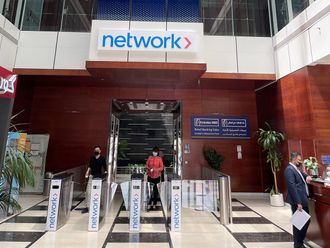Dubai: The election of Michel Aoun as president of Lebanon after a two-year vacancy of the post is an important step towards improving political effectiveness, Fitch Ratings says. If it heralds greater political consensus and the formation of a functioning unity government, this would improve the prospects for policymaking and could provide some uplift to the economy.
However, analysts say risks remain to cementing a more effective political environment and the Lebanese economy will remain constrained by the war in neighbouring Syria and very weak public finances.
While the election of a president is an important piece in the political puzzle, Lebanon’s various political factions now need to distribute ministerial portfolios and form a functioning government.
Further signs of greater political consensus would be positive for consumer confidence and investment and deposit growth Fitch Ratings said in a recent update.
Growth in deposits (a large part of which stems from the diaspora), which are largely channelled into government financing by domestic banks, is the cornerstone of Lebanon’s public debt sustainability. Deposit growth has proven resilient to political risk, but it has been slowing in recent years to around 5 per cent from double digits. Slower deposit growth and the heavy absorption of liquidity by the government is also constraining credit growth to the private sector,” said Toby IlesDirector, Sovereigns at Fitch.
The very weak state of the public finances, with public debt/GDP at 140 per cent, and the war in Syria will likely limit the economic benefits of positive political developments.










